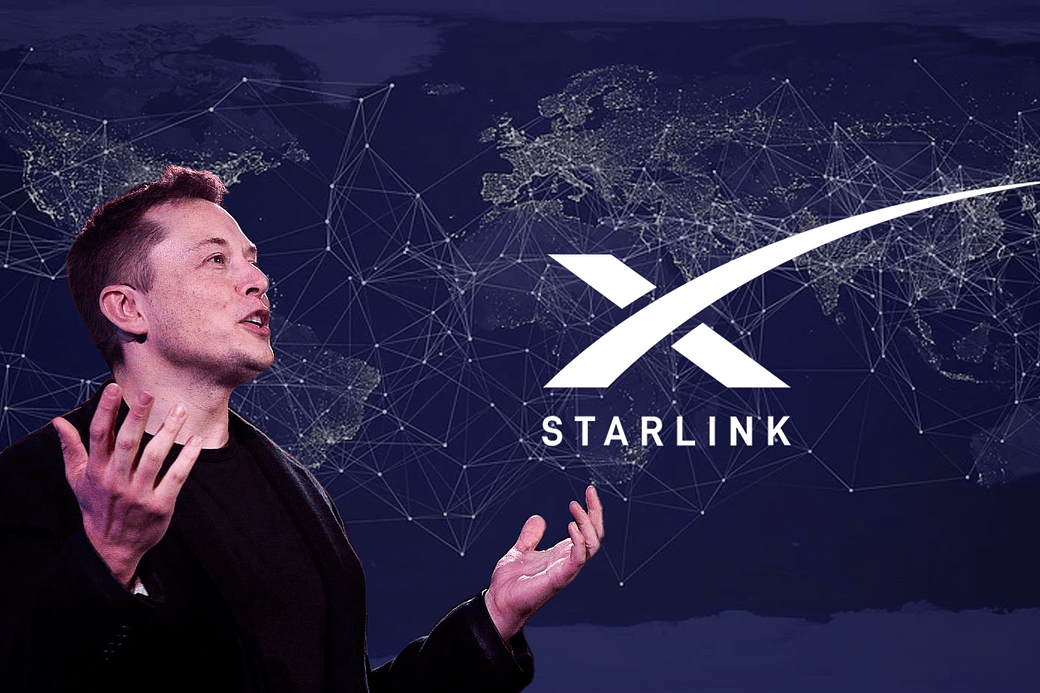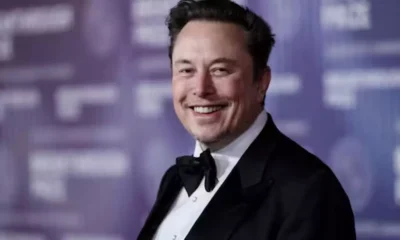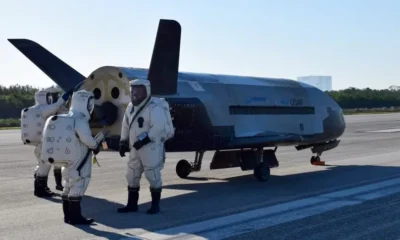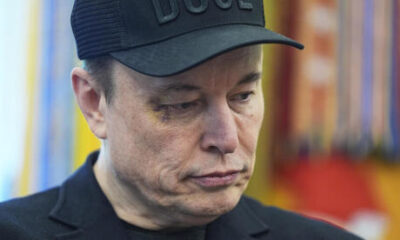After successfully completing his $44 billion (£38.1 billion) buyout of the site, billionaire Elon Musk has stated that there won’t be any immediate adjustments to Twitter’s content control policies.
To be crystal clear, he wrote in a tweet, “We have not yet made any modifications to Twitter’s content moderation policy.”
He had already declared the formation of a new council to control postings.
He added a tweet promising to “release from Twitter jail” “anyone suspended for small & questionable reasons.”
Read Also: NCB files 200 pages charge sheet in Comedian Bharti Singh her husband Haarsh Limbachiyaa’s drug case
On Twitter, comedy is now legal, he tweeted.
Since Musk took over the company following lengthy delays to the acquisition, senior Twitter employees have announced their departures. Concerns centre on Musk’s future plans for the location.
Regulators are closely monitoring the prospective changes, and Twitter users are divided over them. Some are concerned that Musk would relax restrictions on hate speech and false information, while others believe that the previous administration severely restricted free speech.
Twitter will create a council with “widely different perspectives,” according to Musk.
Before confirming that Twitter had lifted artist Kanye West’s suspension from the platform before his acquisition, he added, “No big content decisions or account reinstatements will happen before that council convenes.”
In Europe Bird will fly by our rules
Elon Musk, the CEO of Tesla, hinted that his acquisition of Twitter was complete with his tweet on Friday, “bird is freed,” but Thierry Breton, the EU commissioner for internal market, issued a warning to the new owner of the social media behemoth. The EU official stated that Twitter bird must adhere to the standards of the union while referring to rules and regulations.
In response to Musk’s “bird is freed” tweet, Breton tweeted, “In Europe, the bird will fly by our rules.”
Twitter ‘now in sane hands’
Former US President, Donald Trump, who was banned from Twitter after repeatedly making incendiary remarks about the US Capitol protests last year, praised Elon Musk’s acquisition of the microblogging website on Friday, saying he was “very delighted” that Twitter was “now in sane hands.”
On Truth Social, an alt-tech social media platform created by Trump Media & Technology Group, Donald Trump wrote that he was very happy that Twitter was now in sane hands and will no longer be operated by Radical Left Lunatics and Maniacs.
Caught on Camera: Cong MLA Umashankar Akela slaps toll plaza over delay in opening gate | WATCH
SBI Clerk 2022 admit card out today: Know how to download, salary, exam schedule and other details
























